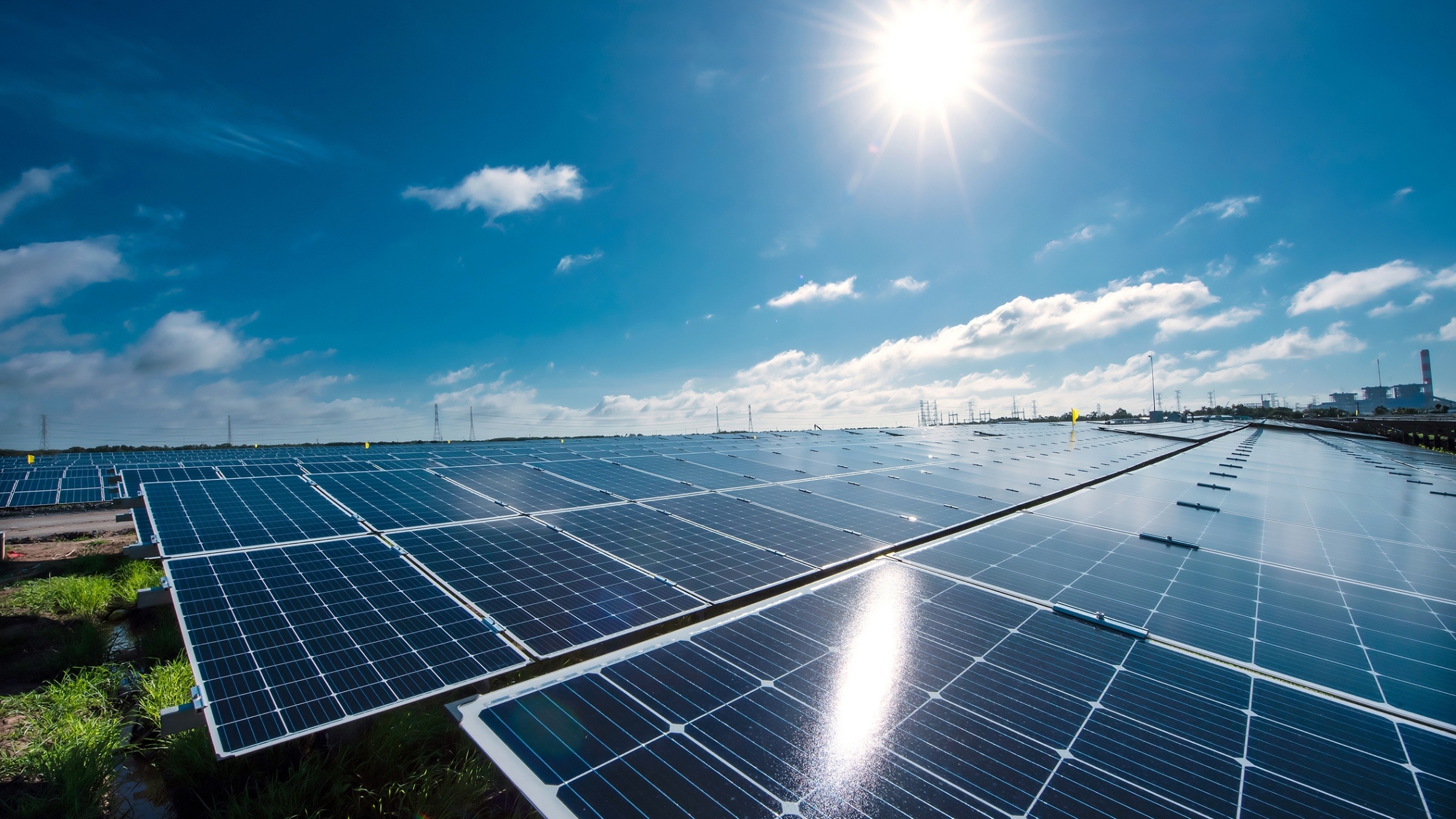
On June 1, the EU-funded SOPHIA project launched in Valencia, leading circular solar panel reuse through AI diagnostics, robotic repair, and next-gen battery recycling to slash waste while feeding materials into Europe’s graphene EV battery supply chain.
The EU’s initiative deploys smart scanners to salvage functional panels – 80% efficiency – for robot-assisted refurbishment, while irreparable units are broken down into high-purity glass, silicon, and metals for solid-state advanced battery materials production.
Smart Tech to Track and Repair Panels
SOPHIA introduces smart digital tools to assess used solar panels. A beta scanner quickly detects deterioration, performance levels, and wear. Panels above 80% operational rate get robot-refurbished with high-performing varnish, extending their lifespan and supporting solid-state battery technology with stable energy.
Irreparable boards won’t go to waste. Rather, new recycling methods will dismantle them, separating glass, metals, plastics, and silicon into salable components. An antimony device will measure glass purity, to make it a more valuable material, closing clean materials back into the production loop for use in future graphene battery advantages solar energy systems.
Eco-Design and Full Traceability
Looking ahead, SOPHIA is designing solar panels with reversible bespoke adhesives for easier breakdown, enabling cleaner recycling and leading the way to more sustainable advanced battery materials in energy systems.
To keep track of it all, a Digital Product Passport (DPP) will follow the history of every panel, new, refurbished, or recycled.
“With traceability and data in the DPP, panels and components will be more traceable,” said members of the project.
It will also allow the graphene EV battery market to grow by offering reliable, well-documented material. Repurposed and sustainably engineered panels, along with highly valued recycled items, will be showcased on a specialist online platform.
Each listing of a product will have its own DPP, outlining its whole history and benefits, such as the safety advantages of graphene thermal conductivity in next-generation energy systems.
With its 36-month deadline, SOPHIA wants to reduce solar panel waste and promote material reuse, actions that directly facilitate Next-gen battery innovation and cleaner next‑gen battery EV applications towards Europe’s green energy future.
Inside Telecom provides you with an extensive list of content covering all aspects of the tech industry. Keep an eye on our Intelligent Tech sections to stay informed and up-to-date with our daily articles.